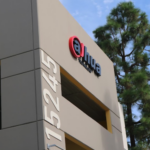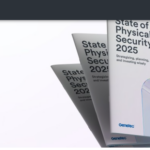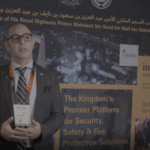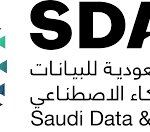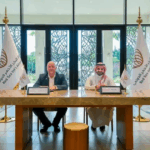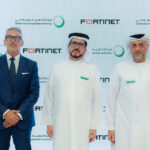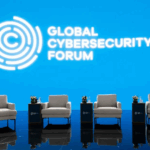Leo Levit: Open Standards Set to Become Backbone of Interconnected Smart Cities
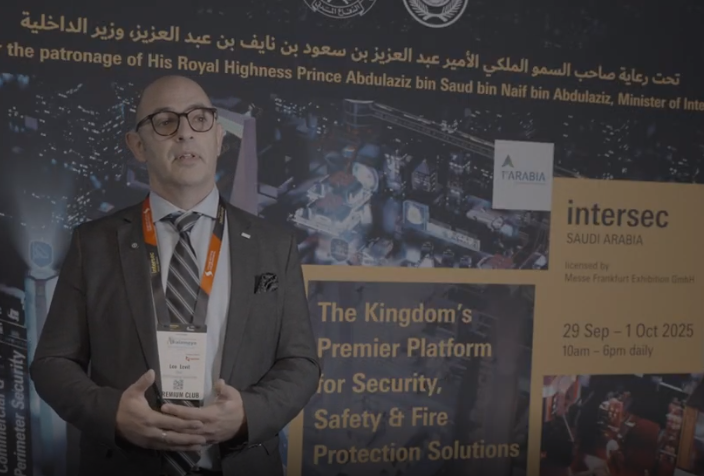
ONVIF’s Leo Levit highlights how interoperability and cybersecurity shape the future of urban safety in Saudi Arabia and beyond
During the recently concluded Intersec Saudi Arabia, a&s Middle East had the opportunity to speak with Mr. Leo Levit, Head of ONVIF, the leading global standardization initiative for IP-based physical security products. The discussion centered on the transformative role of open standards in creating safer, smarter, and more resilient cities. This topic has become increasingly relevant as Saudi Arabia continues its ambitious journey toward becoming a smart city.
“For us, openness means giving municipalities, customers, and system integrators the freedom to pick and choose the products they truly need to fulfill their requirements,” Levit explained. “By selecting products that support open standards, cities can ensure that the systems they build today will also be forward-looking in functionality.”
As the Kingdom continues to roll out large-scale projects, such as NEOM and Diriyah Gate, the importance of interoperability becomes increasingly apparent. According to Levit, “One of the most critical components in any smart-city project is how different systems are connected with each other. Security is no longer isolated, but linked to emergency response, traffic control, and the overall quality of urban life.”
But with interconnectedness comes new challenges — particularly in the realm of cybersecurity. Levit noted that openness should not be confused with vulnerability: “A closed system does not necessarily mean it’s safe, and an open system does not mean it’s less safe. Openness is about using a known and transparent language of communication. Cybersecurity remains one of the most important topics for manufacturers, governments, and system integrators to address daily, adopting best practices and collaborating across the industry.”
“Our mission is to help the industry communicate in the most efficient way possible,”
Looking ahead, Levit pointed to several emerging priorities for ONVIF, including cloud connectivity, AI integration, and audio interoperability. “Our mission is to help the industry communicate in the most efficient way possible,” he said. “We are close to releasing a new cloud profile, and we’re also developing specifications for audio devices to connect seamlessly with surveillance systems. The industry’s focus on AI and hybrid infrastructures is growing rapidly, and ONVIF is working to ensure interoperability remains at the core of these developments.”
Despite some hesitation from vendors promoting proprietary systems, Levit believes the long-term value of open standards is undeniable. “It may require more time at the beginning to coordinate multiple players, but it safeguards your investment and prepares your system for the future,” he emphasized.
As Saudi Arabia accelerates its smart city ambitions, the adoption of open standards will play a crucial role in ensuring that security, efficiency, and innovation evolve. The government’s bold and proactive approach to implementing interoperable, cybersecurity-driven frameworks positions the Kingdom as a global leader in the future of connected urban environments.







